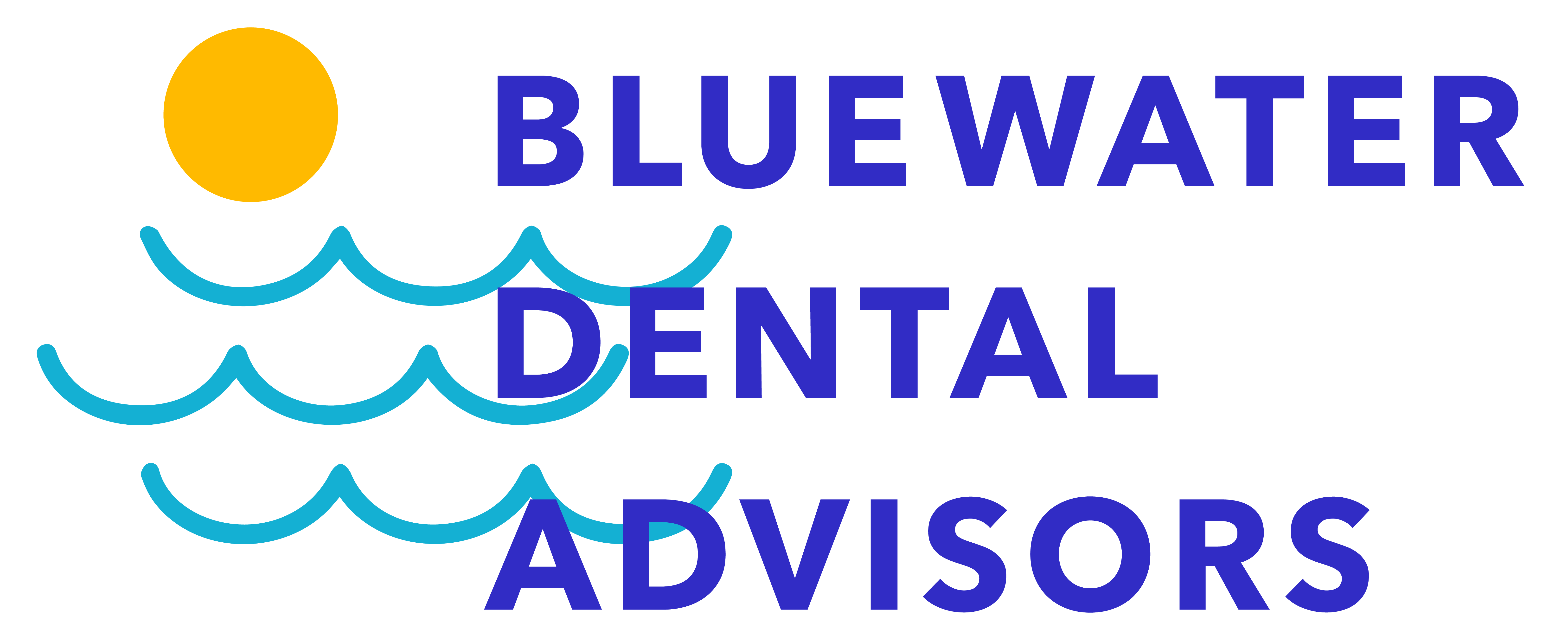For the majority of current and future physicians, the debt associated with pursuing medical school is one of the biggest detractors of the profession. In fact, 73% of students graduate from medical school with debt, and the average total of that debt is well over $200,000.
While focusing on your education, repaying student loans may seem like a distant worry, but the closer you get to graduation (and the more your interest accrues with each passing year afterward), the more of a concern it becomes. Fortunately, by doing your research and working with a financial advisor on an action plan for repayment, you can ensure you are making the biggest impact possible on your medical school loans.
An Action Plan for Paying Down Medical School Debt
First, Understand What Your Debt Looks Like
If you have recently graduated and are getting ready to begin the repayment process of your loans, coming to accept your debt is often the most difficult first step. With many people racking up hundreds of thousands during medical school, simply acknowledging the number can be a frightening experience. However, to begin paying it back you first have to understand what you owe, so start by acknowledging every bit of debt you have so you know exactly what you’re facing.
Second, Determine What Repayment Plan You’ll Pursue
There are quite a few repayment plans to choose from [LINK TO PREVIOUS BLOG], and the one you choose will depend heavily on your scenario. Generally, an income-based repayment plan is recommended for physicians and other medical professionals, as they will often be eligible for loan forgiveness if you choose to work in a public service discipline.
Third, Start Consolidating or Refinancing
If you have multiple federal loans, it is wise to go ahead and consolidate with the Direct Consolidation option that the government provides. If you also have private loans, looking into refinancing can save you tremendously in the long run, especially if you have multiple loans with varying interest rates.
Fourth, Consult With a Professional
While your monthly payment is a big part of the loan process, so are the tax implications that come with repayment and forgiveness. A qualified financial advisor can help you understand how your repayment process can impact your annual taxes and give you valuable information regarding paying down student debt while saving for short-term goals and planning for retirement.
Are you ready to pay down your student debt and plan for the future? Let us help. Get in touch to learn more about our financial planning services for medical professionals today. This material is for information purposes only, Guardian and its subsidiaries do not issue or advise with regard to student loans.



Your Comment
Leave a Reply Now